Writing Better Lyrics: The Essential Guide to Powerful Songwriting
£12.40£16.00 (-23%)
Writing Better Lyrics has been a staple for songwriters for nearly two decades. Now this revised and updated 2nd Edition provides effective tools for everything from generating ideas, to understanding the form and function of a song, to fine-tuning lyrics.
Perfect for new and experienced songwriters alike, this time-tested classic covers the basics in addition to more advanced techniques.
Songwriters will discover:
- How to use sense-bound imagery to enhance a song’s emotional impact on listeners
- Techniques for avoiding clichés and creating imaginative metaphors and similes
- Ways to use repetition as an asset
- How to successfully manipulate meter
- Instruction for matching lyrics with music
- Ways to build on ideas and generate effective titles
- Advice for working with a co-writer
- And much more
Featuring updated and expanded chapters, 50 fun songwriting exercises, and examples from more than 20 chart-toppings songs, Writing Better Lyrics gives you all of the professional and creative insight you need to write powerful lyrics and put your songs in the spotlight where they belong.
Read more
Additional information
| Publisher | Penguin Publishing Group, Second edition (8 Jan. 2010) |
|---|---|
| Language | English |
| Paperback | 304 pages |
| ISBN-10 | 1582975779 |
| ISBN-13 | 978-1582975771 |
| Dimensions | 21.6 x 13.8 x 0.76 cm |


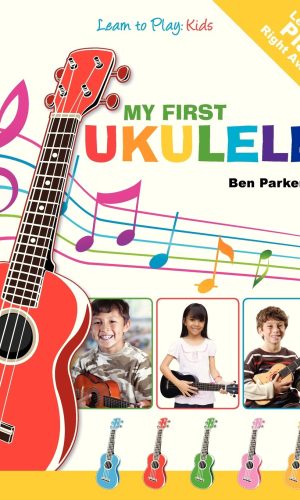
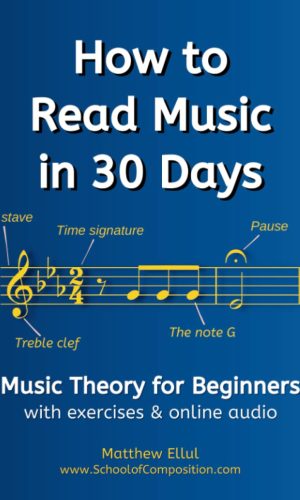
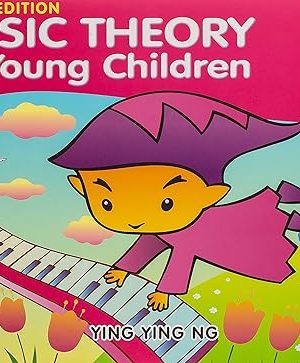
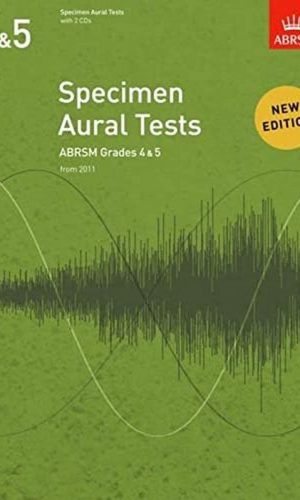
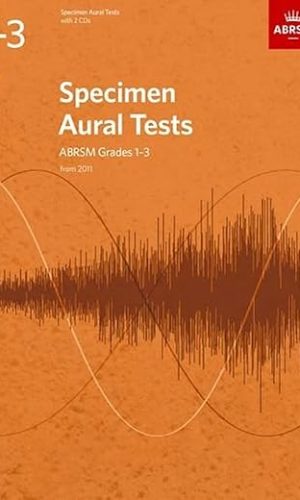
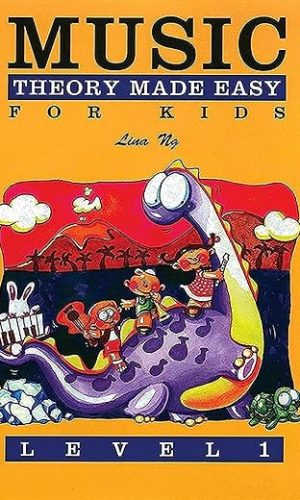
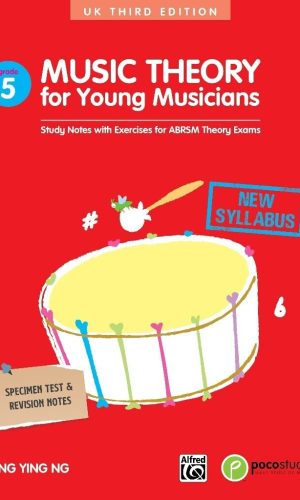

by AaronB
Pat Pattison teaches the tools of lyric writing as a springboard to get your ideas down and fleshed out into something emotionally impactful, these techniques can be transcended into the genre of music you’re working in. You start out writing from your senses, utilising appropriate form, gramma, structure and rhythm suitable for your songs narrative, then stacking the emotional obstacles of your subject, down to the finishing touches of your lyrics. The emphasis is on practice within the 50 exercises – you learn the value of this through your efforts, not what you read 🙂
I would strongly recommend this book if you are struggling to write from your own experiences, fleshing out ideas (getting the story going) or even if you’re like me an accomplished musician but ok/crappy lyricist. I used this book to assist with writing lyrics for other audiences – for personal subjects I am not familiar with. I found myself being able to flesh out multiple versions of scenes I was not there to witness personally but have the lyrics impact me emotionally when I read them back days later. I compared what I created from this book to what I wrote before, and the difference is night and day! I also now look at other peoples works and find better ways they could have written theirs!
Strongly suggest writing notes down for the milestone learning points – found these handy when I write my own lyrics. Took me about 3-4 months to complete it, ranging from 2-10 hours a week, you may be able to do it faster. I spent a-lot of time on some key exercises which allowed me to walk away with useable sections I couldn’t come up with before starting this book. It feels like an epic journey when you finish it, first book I ever read without skipping the end!
Thanks so much Pat Pattison
by Andrew Jackson
Lyrics are tough, this book made the thought of writing song lyrics a little less tough. Great references and tips through out.
by Siltone
First of all, let me say that I am not a musician but have a friend who is an accomplished guitar player and has, for many years, performed on the local folk circuit. For ages, he has ask if I could come up with some lyrics for him because, although he finds it easy to compose the music, he sometimes struggles with writing the words. I think he assumed that my worldly travels, combined with my love of reading would translate into me having plenty of ‘ideas’ for songs. The truth is I did have a go (many times) but failed to come up with anything that I thought worthy of passing on to him. Then one day I was inspired to write a poem that dealt with the simple pleasures I experienced as a young boy. I passed this poem on to my friend who produced a really good song from it. That set the ball rolling! We have gone on to write several more songs together – and I have many more that are ‘works in progress.’
However, I still thought there was room for improvement and, as I have never taken any formal lyric writing courses, I thought I should at least invest in a book that might help and inspire me. There’s a lot of publications out there but after reading all the reviews, I opted for this one by Pat Pattison. As another reviewer has already pointed out, this is an American author, so the book is slanted more towards the US market – hence some rhyming words may not work when British pronunciations are used. However, for me, it’s all about adapting what is being taught. I’m so pleased I got hold of this book because it’s provided me with the techniques that I previously hadn’t considered – and I’ve already finished off a couple of song projects that I’d temporarily abandoned! Can’t say much more than that really – other than to give this book my seal of approval.
by s_lyhne
I have read and reread this book numerous times. In fact I feel that Pattisons way of teaching is so interesting that also tracked down more or less everything else that he has released on the internet, namely videos.
I would like to give this five stars, because it deserves it in many ways. It is very well written and I admire how Pattison communicates some rather difficult concepts in a pedagogical and efficient manner. Because Pattison really goes deeper than most songwriting books; sure, he covers a lot of the conventional wisdom of song forms, show-don’t-tell etc., but he also brings a lot of new things to the table.
His take on rhyming and song structure for instance – a very interesting approach indeed, especially the way in which he incooperates these things in a general framework of STABILITY and INSTABILITY. These two terms are subjective/phenomenological emotions that we experience in response to certain stimuli, and, bluntly put, Pattison’s approach is about creating a appropriate relationship between the feelings of stability and instability that is created in various elements of form and content.
When I watch Pattisons videos it seems to me, that he has gravitated more towards focusing on stability and instability as a unifying concept. The idea is communicated in the book, but I don’t feel it has the central place that it ought to have. I suspect that a third edition might be structured differently with more emphasis on that.
That is one of my objections to the book. But it’s in and by itself hardly enough to remove a star.
I think it’s more serious that music is so neglected in the book. It’s understandable that a book lends itself more to talking about language, but in songwriting, musical considerations just have to be there. Jack Perricones “Melody in Songwriting” is quite good in that regard, as it fits with the stability/instability paradigm, but still: I feel there are many things specifically about the relationship between words and music that ought to be described.
Also, I feel that there should be more about the challenges one encounters in the process of writing. There is a chapter with an example of a process, and it’s quite good, but it neglects both the beginning and the ending phase.
I give it four stars with kind of a bad conscience. Because it really is the most influential songwriting book I have read. And it’s the one I always recommends others. My objections is really, that it isn’t quite the “songwriting book to end them all” that it has the potential to be. Maybe that’s setting the ambitions to high. It certainly is a very, very good book.